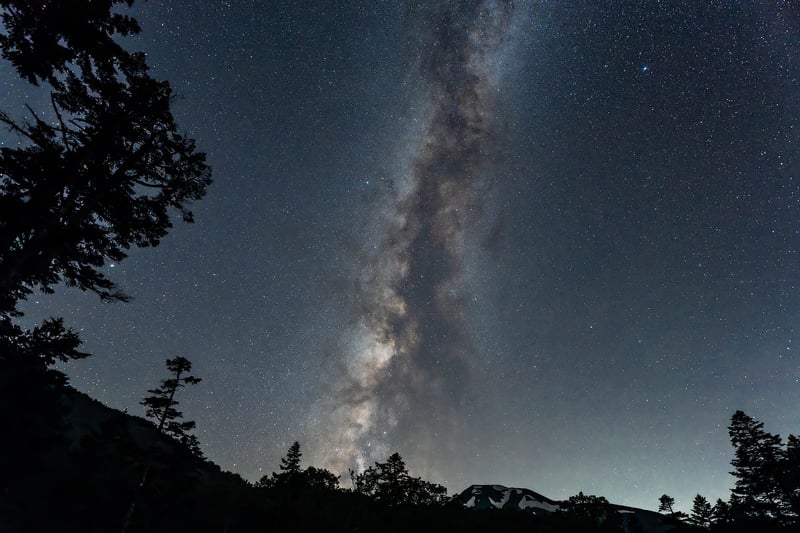Predestination Paradox
Theoretical Conundrums: Exploring the Predestination Paradox
When it comes to time travel and the complexities of causality, few concepts are as intriguing as the predestination paradox. This paradox, also known as a causal loop, is a fascinating theoretical conundrum that raises questions about free will, determinism, and the nature of time itself.
Understanding the Predestination Paradox
The predestination paradox occurs when an event is both the cause and the effect of itself. In simpler terms, it involves a sequence of events in which a time traveler unknowingly influences past events that lead to their own future actions, creating a loop with no discernible origin.
Imagine a scenario where a time traveler goes back in time to prevent a catastrophic event. However, their actions inadvertently cause the very event they were trying to prevent, leading to a self-perpetuating cycle with no clear beginning or end.
Implications and Philosophical Considerations
The predestination paradox raises profound questions about fate, free will, and the concept of causality. If events are predetermined in such a way that they loop back on themselves, do individuals truly have the ability to change the course of history? Or are we bound to fulfill a predetermined destiny, regardless of our actions?
Philosophers and scientists alike have grappled with these questions, delving into the nature of time, the possibility of parallel universes, and the limits of human understanding. The paradox serves as a thought experiment that challenges our perceptions of reality and the fundamental laws of the universe.
Popular Culture and the Predestination Paradox
The predestination paradox has captured the imagination of storytellers across various media, from literature to film and television. Countless narratives have explored the implications of time loops and causal loops, presenting audiences with mind-bending plot twists and unexpected revelations.
Notable examples include movies like "Looper" and "Predestination," as well as TV shows like "Dark" and "Doctor Who," all of which delve into the complexities of time travel and the inherent paradoxes that come with altering the past.
Conclusion
The predestination paradox stands as a testament to the boundless creativity of human thought and the mysteries that lie at the intersection of science and philosophy. As we continue to ponder the nature of time and our place within the universe, this enigmatic paradox serves as a reminder of the inherent complexities that define our reality.

Explore the wonders of theoretical conundrums and dive deeper into the fascinating world of the predestination paradox. The mysteries of time and causality await those brave enough to challenge the boundaries of possibility.
